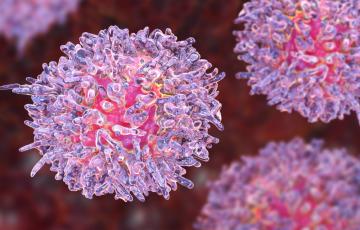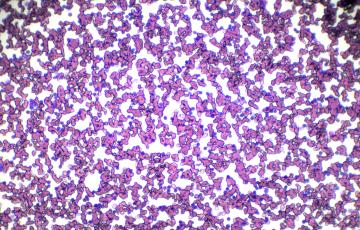NCI-Genetic Epidemiology Branch - Familial CLL
To study families with multiple cases of chronic lymphocytic leukemia (CLL).
- The National Cancer Institute (NCI) of the National Institutes of Health (NIH) is conducting a study to: find the gene or genes that cause this type of leukemia to occur in families; to describe the clinical features of familial CLL; to explore whether families prone to familial CLL are also at greater risk of other types of leukemia or cancer; to identify biomarkers or markers that predict risk in family members.
- Participants will be asked to provide a blood sample or cells, personal and medical history, and to give consent to obtain medical records.
Families with 2 or more living individuals in the family with a history of CLL, or families in which one family member has CLL and one or more close relatives have a related blood or lymph cancer
800-518-8474 http://dceg.cancer.gov/research/clinical-studies/blood-cll-info



